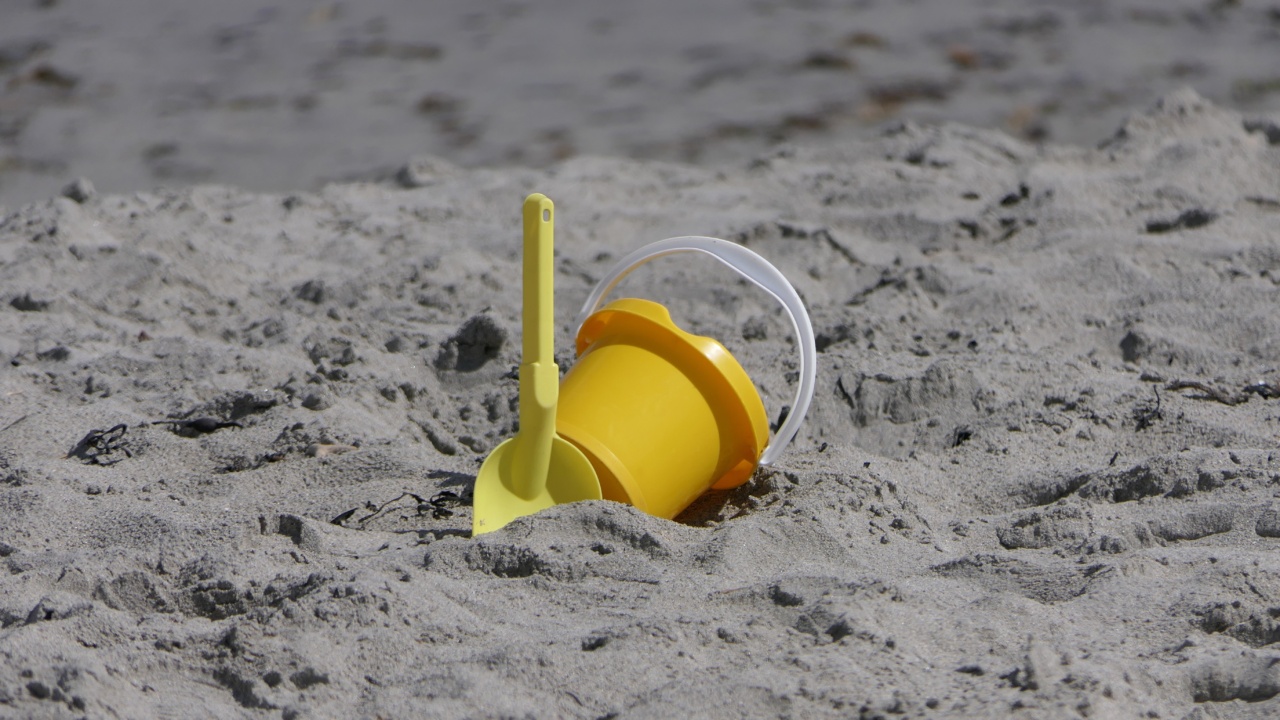A urinary tract infection (UTI) is a common infection that occurs in the urinary system, which includes the kidneys, bladder, ureters, and urethra.
It is caused by bacteria entering the urinary tract and multiplying, leading to inflammation and infection. UTIs can affect people of all ages and genders, but they are more common among women.
Symptoms of Urinary Tract Infections
1. Frequent urge to urinate
2. Pain or burning sensation during urination
3. Cloudy or strong-smelling urine
4. Blood in the urine
5. Pain or pressure in the lower abdomen
6. Fever or chills (indicating a more severe infection)
7.
Fatigue or general malaise
It is important to note that not everyone with a UTI will experience all of these symptoms.
Causes of Urinary Tract Infections
1. Bacterial infection: The most common cause of UTIs is the bacteria Escherichia coli (E. coli), which normally resides in the intestines but can enter the urinary tract through the urethra.
2.
Sexual activity: Sexual intercourse can introduce bacteria into the urethra, increasing the risk of UTIs in women.
3. Poor hygiene: Improper wiping techniques after using the bathroom can transfer bacteria from the anal area to the urethra.
4. Urinary catheters: People who use urinary catheters have a higher risk of developing UTIs.
5.
Menopause: The decrease in estrogen levels during menopause can lead to changes in the urinary tract, increasing the risk of infection.
6. Urinary tract abnormalities: Structural abnormalities in the urinary tract increase the risk of UTIs.
7.
Suppressed immune system: Conditions such as diabetes or HIV/AIDS weaken the immune system, making individuals more susceptible to infections.
8. Pregnancy: Hormonal changes during pregnancy can affect urinary tract function and increase the risk of UTIs.
9. Use of spermicides or diaphragms: Some contraceptive methods can increase the risk of UTIs.
Diagnosis of Urinary Tract Infections
If you suspect you have a UTI, it is important to consult a healthcare professional for an accurate diagnosis. The following methods may be used:.
1. Urine analysis: A urine sample is collected to check for the presence of bacteria, red blood cells, white blood cells, and other indicators of infection.
2.
Urine culture: This test identifies the specific bacteria causing the infection, helping determine the most effective antibiotic treatment.
3. Imaging tests: In some cases, imaging tests like ultrasound or CT scan may be performed to identify any structural abnormalities in the urinary tract.
Treatment of Urinary Tract Infections
UTIs are typically treated with antibiotics to eliminate the bacteria causing the infection. The type and duration of antibiotic treatment depend on the severity of the infection, the specific bacteria involved, and individual health factors.
It is crucial to complete the full course of prescribed antibiotics, even if symptoms improve, to ensure the infection is fully eradicated.
In addition to antibiotic treatment, the following measures can help alleviate symptoms and promote recovery:.
1. Drinking plenty of water to flush out the bacteria
2. Avoiding irritants such as caffeine, alcohol, and spicy foods that can irritate the urinary tract
3. Applying a heating pad to the lower abdomen to relieve pain and discomfort
4.
Urinating before and after sexual activity to flush out bacteria
5. Good hygiene practices, including wiping from front to back after using the bathroom
6. Cranberry juice or supplements may help prevent UTIs, but they should not be relied upon as the sole treatment.
Prevention of Urinary Tract Infections
To reduce the likelihood of developing UTIs, the following preventive measures can be taken:.
1. Drink plenty of water to promote frequent urination and flushing out of bacteria
2. Urinate when needed, and do not hold urine for prolonged periods
3.
Wipe from front to back after using the bathroom to prevent bacteria from the anal area reaching the urethra
4. Empty the bladder before and after sexual activity
5. Avoid using irritating feminine products or douches
6. Wear breathable cotton underwear and avoid tight-fitting pants
7.
Take showers instead of baths, as baths can introduce bacteria into the urinary opening
8. Stay well-hydrated and maintain a healthy diet to support overall immune function.
When to Seek Medical Attention
While mild UTIs can often be treated at home, it is important to see a healthcare professional if:.
1. Symptoms worsen or do not improve within a few days of self-treatment
2. Blood is visible in the urine
3. Fever or severe pain is present
4. UTIs recur frequently
5.
The individual is pregnant or has diabetes or other underlying health conditions.
Conclusion
Urinary tract infections are a common and uncomfortable condition that can affect individuals of all ages. Understanding the causes, symptoms, diagnosis, treatment, and prevention of UTIs is crucial for maintaining urinary tract health.
By taking proactive measures and seeking timely medical attention, the impact of UTIs can be minimized and recurrence can be prevented.





























